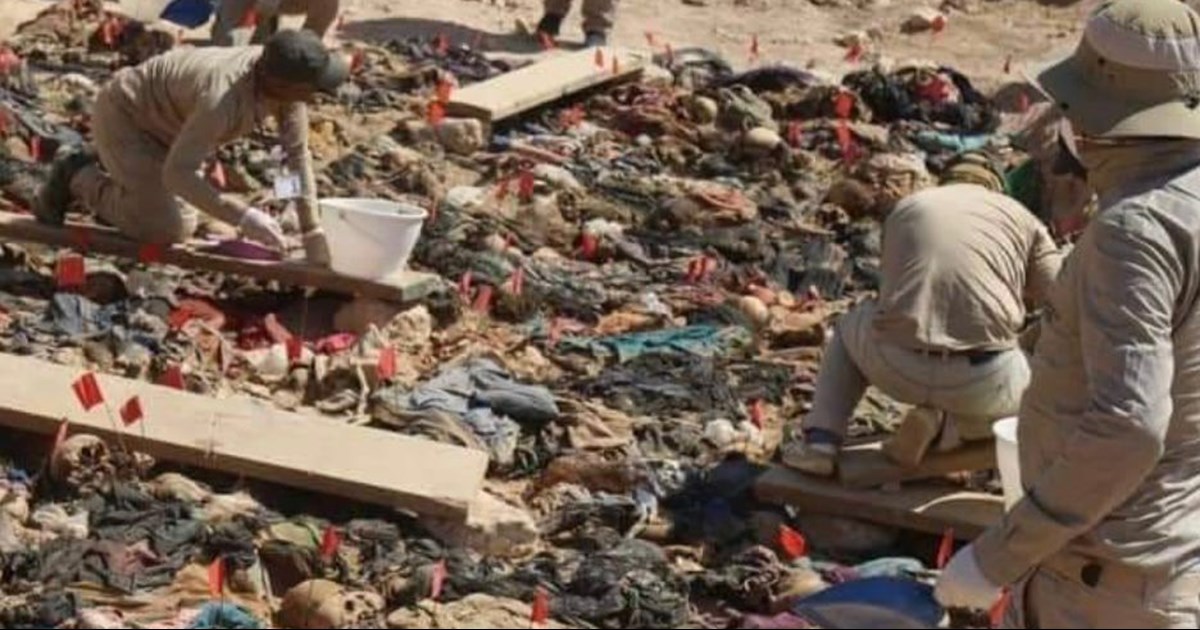On International Day of the Disappeared, KRG Renews Appeal for Recognition and Reparation

August 30, observed as the International Day of the Victims of Enforced Disappearances, marks a global call to recognise and address this serious human rights violation.
The people of Kurdistan have long endured enforced disappearances, with the crime reaching its most horrific scale during the Anfal campaign. On this occasion, Dindar Zebari, Coordinator of the Office of International Advocacy, reaffirmed that Kurdistan’s diverse ethnic and religious communities have been among the greatest victims of this atrocity.
This includes the forcible disappearance of thousands of Feyli Kurds between 1980 and 1990, and the disappearance of an estimated 182,000 Kurds during the Anfal Campaign (1986–1988). In more recent years, following attacks by the so-called Islamic State (ISIS), thousands of Yazidi Kurds and other minority citizens were abducted, many of whom remain missing, with their fates still unknown.
Zebari highlighted the sacrifices made by the Peshmerga Forces in the liberation of Yazidi areas, particularly Sinjar, during the fight against ISIS. The battle resulted in 1,814 martyrs, 10,725 wounded, and 44 Peshmerga fighters still missing.
He noted that the Kurdistan Regional Government placed a high priority on rescuing Yazidis abducted by ISIS. Of the 6,417 civilians kidnapped, 3,590 have been rescued, while 2,827 remain missing.
To document these crimes and support the rescue of Yazidi women and other minorities, the KRG has registered thousands of cases. As of 1 June 2025:
- 2,991 abduction cases and 3,290 formal complaints were recorded.
- 3,090 victims remain registered as missing with the Investigation and Evidence Collection Board.
- 2,848 survivors have received psychosocial support
Zebari stressed that many crimes committed against the Kurdish people remain undocumented by international organisations, leaving victims’ families without adequate protection or recognition. He also criticised the Iraqi federal government’s failure to apply effective international mechanisms, calling its efforts insufficient.
He concluded by reaffirming the KRG’s commitment to supporting the families of Anfal victims and martyrs, and urged the federal government to fulfil its legal, constitutional, and moral obligations by compensating the families of those who suffered under the Anfal genocide and the Ba’ath regime.
